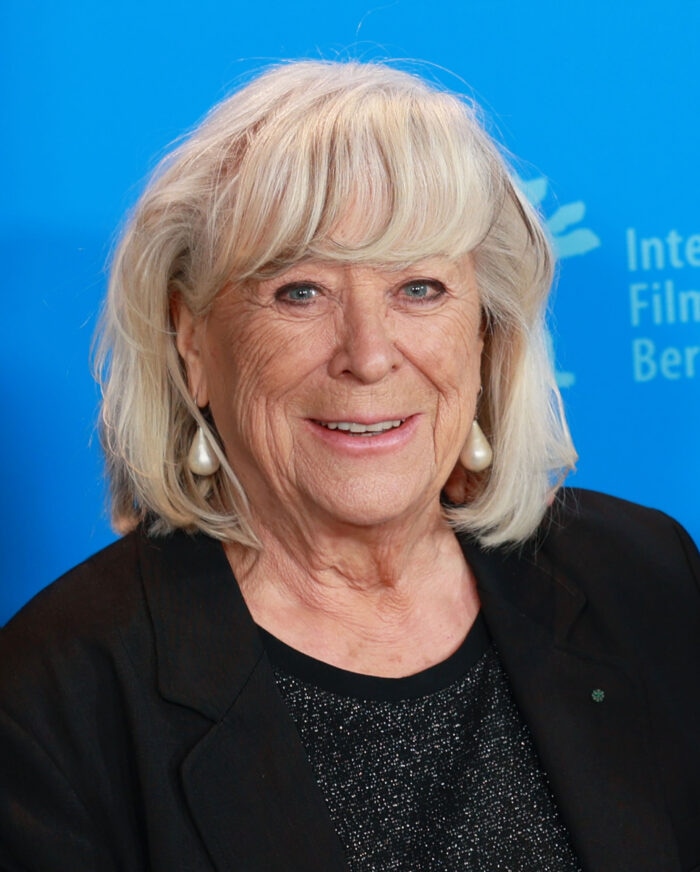Margarethe von Trotta, one of the key figures of New German Cinema, was born in Berlin in 1942 as the illegitimate child of a German painter and a woman from a Baltic aristocratic family. After the war, she lived with her mother in Düsseldorf. At a young age, von Trotta wanted to leave the stale atmosphere of her homeland and moved to Paris. There she enjoyed freedom, books and films, and met people in the film industry. After seeing Ingmar Bergman’s film The Seventh Seal, von Trotta knew what she wanted to do. When von Trotta returned to her homeland, she studied German and Romance languages and literature in Munich, while also attending drama school.
Von Trotta’s film career began in front of the camera. From the late 1960s, she appeared in films by Rainer Werner Fassbinder, Volker Schlöndorff and Herbert Achternbusch, becoming one of the most famous German actresses of her time. She also co-wrote some of Schlöndorff’s films and married him in 1971. Four years later, von Trotta and Schlöndorff co-wrote and co-directed The Lost Honour of Katharina Blum (1975). Based on the novel by Heinrich Böll, the film about the hunt for an innocent woman was a huge success. In it, West Germany is gripped by fear of terrorism and a young woman’s life is torn apart by the police, the sensationalist press and the community after she spends a night with a suspected terrorist.
Katharina Blum’s still topical story launched von Trotta’s extensive career as a screenwriter and director, which has spanned six decades. She has been described as the world’s leading feminist filmmaker, with her work addressing social issues related to women’s lives, sisterhood and solidarity between women. The women in von Trotta’s films – whether fictional or real characters – fight for their rights, their own reality and their freedom.
Von Trotta’s international breakthrough came with her third film, Marianne and Juliane (1981), for which she won the Venice Film Festival’s top prize for the first woman director. Inspired by the life of Gudrun Ensslin, a founding member of the Red Army Faction, the film tells the story of siblings who grow up in a bourgeois home and become politically active, one as a journalist, the other as a terrorist.
An important chapter in von Trotta’s oeuvre are her portraits of historically significant women: Rosa Luxemburg, Hildegard von Bingen and Hannah Arendt are given multidimensional interpretations by the brilliant Barbara Sukowa. Hannah Arendt (2012), which will be screened at the festival, is a portrait of the philosopher of Jewish descent whose articles in The New Yorker on the trial of Adolf Eichmann and the banality of evil provoked fierce criticism. Von Trotta’s latest film, Ingeborg Bachmann – Journey into the Desert (2023), is set at the turn of the 1950s and 60s and depicts the tumultuous relationship between two writers.
In addition to her films, von Trotta has directed television films and a feature-length documentary about her object of admiration, filmmaker Ingmar Bergman (Searching for Ingmar Bergman, 2018). The documentary highlights how Bergman’s film once guided von Trotta’s career choices, but also shows the influence von Trotta’s Juliane and Marianne had on Bergman.
Kaisu Isto
